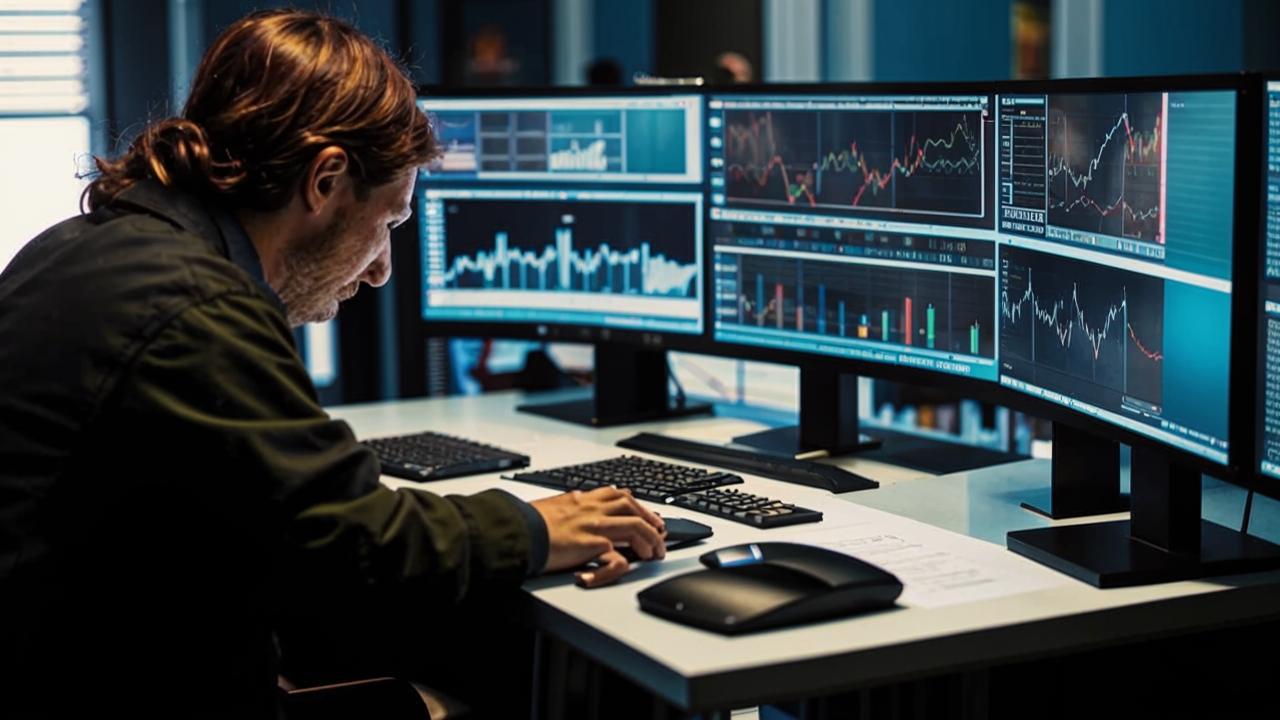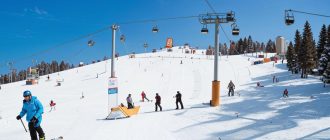
“In the modern world, more and more attention is paid to the development of brain science and neurotechnology. In this regard, new terms and concepts reflecting modern achievements in this field are actively appearing. One of the most popular prefixes used to denote brain-related concepts is the prefix “neuro-“. Let’s take a look at the words and professions that arise with its use and their meaning in the context of modern science and society.”
Neurosurgery and Neuropsychology
The beginnings of neurosurgery as a specialized field of medicine are usually attributed to the work of Galen, an ancient Greek physician who, in the 2nd century CE, described many neurological disorders and conducted experiments with animals to study the nervous system. However, significant progress in neurosurgery began in the 19th century.
One of the first major steps was taken in 1884, when German surgeon Otto Bang used the first successful method of localizing brain tumors. Since then, neurosurgery has continued to evolve, including the development of new technologies, techniques, and instruments for brain surgery.
Neuropsychology as a field of study originated in the late 19th and early 20th centuries. Scientists such as Gustav Fechner, Hermann Ebbinghaus, and Wilhelm Wundt made historical contributions to the development of neuropsychology. They conducted experiments to investigate the relationship between physical processes in the brain and mental phenomena, which became the basis for understanding the neurophysiology of the psyche.
However, it was during World War I, when medical research focused on the study of brain injury, that neuropsychology received a great impetus for development. Since the 1950s, active work began to create models of brain functioning and to develop methods of neuropsychological diagnosis and treatment.
The term neurobiology appeared much later, in the middle of the 20th century, when neuroscience began to actively develop as an independent scientific field. The formation of neurobiology was conditioned not only by progress in neurosurgery and neuropsychology, but also by the development of methods for studying the nervous system, such as electrophysiology, neuroimaging and molecular biology.
Neurobiology combines knowledge of the structure and function of the nervous system at all levels of organization, from molecular and cellular processes to behavioral and cognitive functions.
Thus, neurosurgery and neuropsychology have ancient roots, but their formation as scientific disciplines in the modern sense occurred in the XIX-XX centuries due to the work of outstanding scientists and progress in methods of research of the nervous system.
New professions with “neuro-“
The emergence of new professions related to neuroscience can be explained by several factors:
- Progress in scientific research. With the advent of new methods and technologies, we are gaining more and more knowledge about the brain and nervous system. This opens up new avenues for researching and understanding brain activity, which in turn leads to the emergence of new professions.
- Technological advancement and innovation. Advances in technology, deep learning and artificial intelligence are opening new horizons for applying knowledge of the brain in various fields such as medicine, education, technology and design.
- Increased public interest in neuroscience. In recent decades, there has been an increased public interest in understanding the brain and mental processes. This has attracted more attention to neuroscience and stimulated the development of new professions in this field.
Neuromarketing
This is a field of marketing that utilizes knowledge about the brain and psychology of consumers to create more effective advertising and marketing strategies. Neuromarketing explores how the brain responds to different stimuli and how these responses can be used to attract attention and increase the impact of advertising.

Neuropedagogy
The field of pedagogy and education studies the relationship between brain activity and learning. Neuropedagogists investigate how the brain perceives, processes, and remembers information and develop teaching techniques based on this knowledge.
The goal of neuropedagogy is to optimize learning using the latest advances in neuroscience to enhance education and develop the potential of each student.
Neuroecology
Combines knowledge from the fields of neuroscience and ecology to investigate how environmental factors affect nervous system function and behavior in organisms, as well as how the nervous system regulates adaptation to the environment.
Neuroecologists investigate the effects of various factors, such as air, water, sound, and climate change pollution, on the nervous system and behavior of animals and humans and seek to develop strategies for sustainable interactions with the environment to maintain the health and well-being of organisms.
Neurocomputer Science
This is an interdisciplinary research area that combines knowledge from neuroscience (neurobiology, neurophysiology, neurophysiology, neuropsychology, etc.) and computer science (computer science, artificial intelligence, machine learning, etc.). The goal of neurocomputer science is to create computer systems and technologies inspired by the principles and functions of the nervous system.
Neurocomputer science explores the use of neuroscientific principles and methods to create more efficient and intelligent computer systems, and develops methods for modeling and simulating neural networks to solve various computer science problems.

Examples of applications of neurocomputer science include the development of artificial neural networks, bioinspired machine learning algorithms, brain-computer interfaces, and image and speech recognition technologies.
Neuroastronomy
This is an area of research that combines knowledge from neuroscience and astronomy to study how the human brain perceives and processes information about space and astronomical phenomena.
Neuroastronomers investigate the brain mechanisms underlying the perception of cosmic objects such as stars, planets, galaxies and cosmic phenomena, and study the impact of astronomical discoveries and research on human thinking and perception of the world around us.
Neuroastronomy may also include the study of the effects of the space environment, such as gravity, radiation, and weightlessness, on human brain functioning and the psychological well-being of astronauts and space travelers.
Neurocoach
This is a specialist who uses knowledge from neuropsychology and coaching techniques to help people achieve personal and professional goals based on the principles of neuroplasticity of the brain. Neurocoaching is used to develop skills, change thinking, solve problems and achieve desired results in various areas of life.
Neuroarchitect
This is a specialist who designs and develops the architecture and design of buildings and spaces taking into account the principles of neuroscience. He considers the impact of architecture on the psychological and physiological well-being of people, utilizing knowledge of how the environment affects brain functioning and perception. Neuroarchitects strive to create comfortable, convenient and functional spaces that promote human health and well-being.

Neurorehabilitationist
This is a specialist who rehabilitates people with neurological disorders such as stroke, brain injury, central nervous system diseases and other conditions that can affect motor function and neurological performance.
The tasks of a neurorehabilitation therapist include assessing the patient’s functional abilities, developing individualized rehabilitation programs, including physical therapy, therapeutic exercise work, and other recovery techniques.
Neuroflorist
A specialist who researches the effects of plants and surrounding vegetation on the human or animal nervous system, and develops methods of using plants to improve mental health and well-being.

He or she studies the effects of aromatherapy on brain activity, the effects of flowers and plants on mood and emotional state, and develops garden designs with their neurophysiological effects on people in mind.
Neuroartist
An artist who uses knowledge of neuroscience, brain activity, and perception to create artworks that target viewers on a neural level. He experiments with different colors, shapes, and textures to create works that can evoke certain emotional or cognitive responses in viewers.
He can also explore the effects of different styles and techniques of art making on brain activity and psychological experience.






